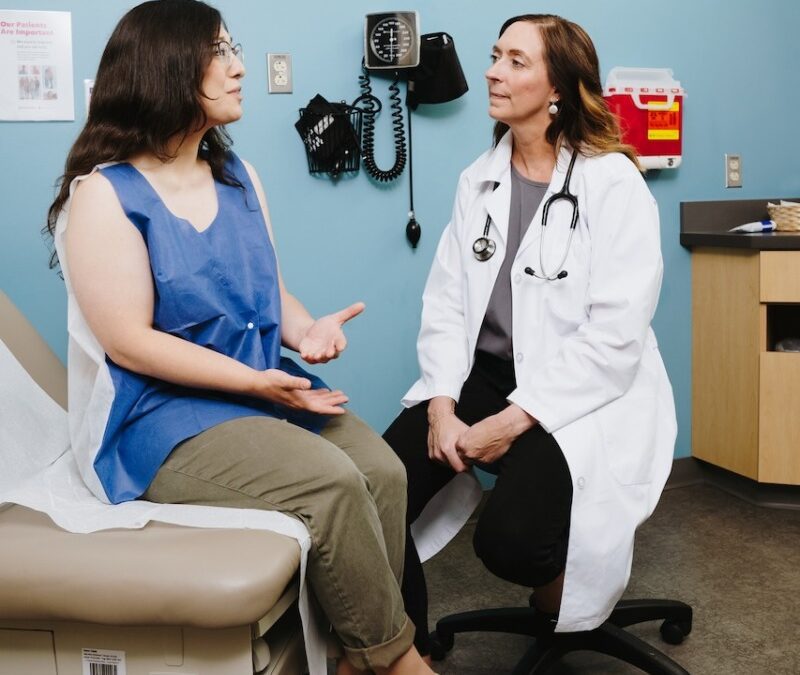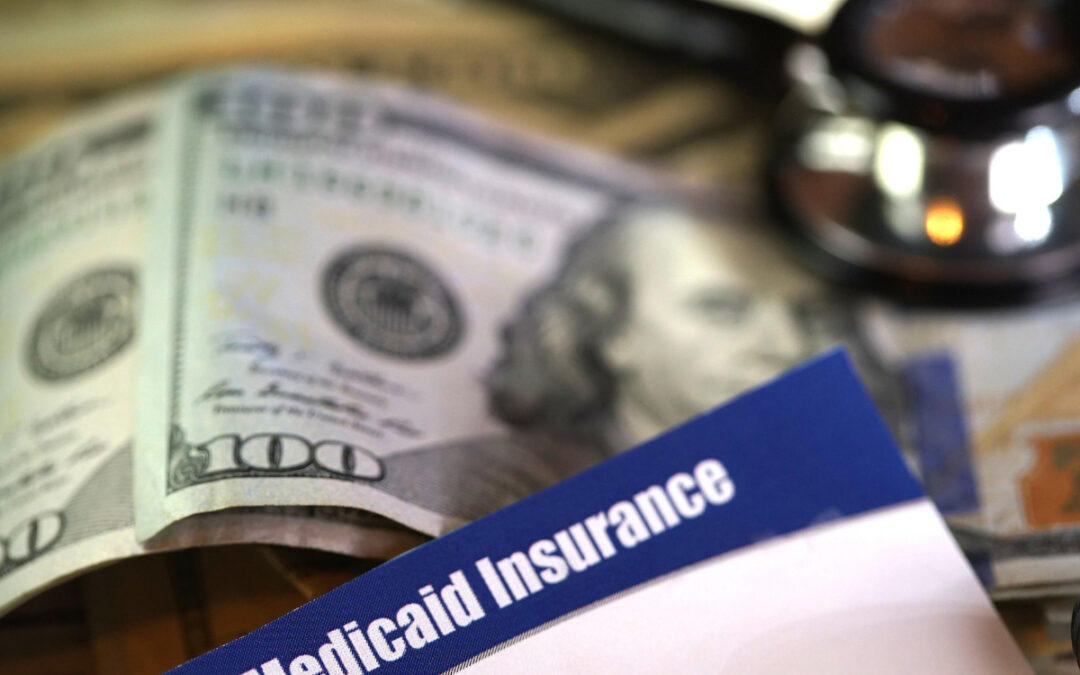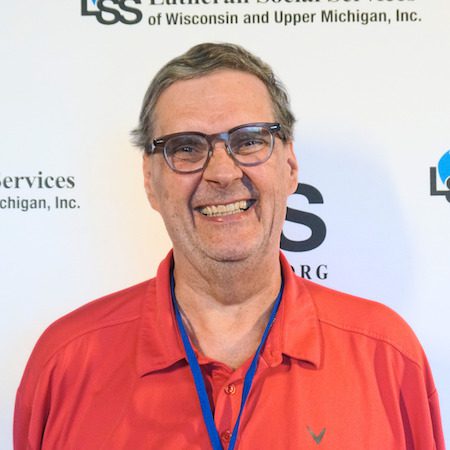
studioroman
From providing critical services for their son to job opportunities, Medicaid has shaped this Wisconsin family’s life.
Our journey into Medicaid began almost 28 years ago when our son was born with Down syndrome. As a first-time parent you have so many questions. Add in a child who has an intellectual disability and your head really spins. We were told that we should have no expectations for him. Imagine, minutes after giving birth, you are told your child will be a burden to society. Because of the Down syndrome diagnosis, my son automatically qualified for the Katie Beckett program, which was a godsend for my wife and me. We decided that he would be a contributing member of society even before leaving the hospital.
Medicaid has offered benefits far beyond health insurance. Medicaid provided programs such Birth to 3, Children’s Long-Term Care and Support, and now IRIS, a program for adults with disabilities. These programs have provided much needed physical and occupation therapies. Because of these therapies and support, my son graduated high school with a diploma, not a certificate of attendance. There were speech therapies to help him communicate. While he is not verbal, my son has been able to communicate with his elected officials and he votes. Probably the most important of all the support he received was his work with the Division of Vocation Rehabilitation (DVR). Work experiences through the transition program allowed our son to identify what he likes to do in terms of employment. My son now has his own shredding business. From being told originally to have no expectations, I think this is all pretty impressive and could not have been accomplished without the help from Medicaid.
Medicaid is not just for the benefit of my son, Medicaid creates jobs. I work in a Medicaid funded program. My career has allowed me and my family the opportunity to live a middle-class life. The career allows me to provide health insurance for my family. Insurance is so important now. I was diagnosed with cancer in 2020 and have been fighting ever since. Without insurance, I don’t know that I would still be alive. If something were to happen to me, my son’s sole insurance would become Medicaid. My wife and kids would lose their coverage and then potentially rely on Medicaid for their insurance.
My wife also works in a Medicaid program. She provides care for our son, helping him brush his teeth and shower and get dressed every day. All basic needs to ensure our son is treated with dignity, he is how God intended him to be. She drives him to the gym six days per week so he can exercise. The gym is a community for our son. A 2023 Surgeon General report, “Our Epidemic of Loneliness and Isolation” in 2023, shows that the mortality impact of being socially disconnected is like smoking 15 cigarettes a day. My wife is just one of tens of thousands of people in Wisconsin providing care to our most vulnerable population, people with disabilities and seniors. There is a nationwide caregiver crisis, and we can’t afford to create more barriers for our loved ones. These are just direct caregivers, thousands more would be impacted from providing rides to medical appointments to companies that work with adaptive aids, to home modifications that allow accessibility into and around the home. Living in a home is significantly less expensive than living in a nursing home.
A recent report from the bipartisan Congressional Budget Office reports that to achieve the current administration’s economic goals, significant cuts must be made to Medicare and Medicaid. While it is said publicly that there will be no cuts to the funding of these programs, we can’t afford to take any chances. We must be vocal in our advocacy to ensure these programs are protected. My family and I ask that you protect Medicaid.

Billionaires get richer while Wisconsinites lose access to health care with ‘Beautiful Bill’
The US Senate will examine the Trump budget bill this week. It includes the largest cut to Medicaid in the program's history. It also blocks...

More ways to get birth control in Wisconsin? Sign us up.
The State Assembly has approved a plan to allow pharmacists to prescribe birth control pills and patches. There could soon be another way for women...

Wisconsin Republicans and Democrats agree on postpartum Medicaid coverage—but the Speaker doesn’t
The Wisconsin Senate passed a bill this week with overwhelming support from both sides of the aisle to expand Medicaid coverage for new moms for a...

Opinion: Pentagon contractors don’t save lives or money – Medicaid does. Don’t cut it.
Cutting life-saving services to further enrich billionaires and Pentagon contractors is the worst possible option. This op-ed was first published on...





